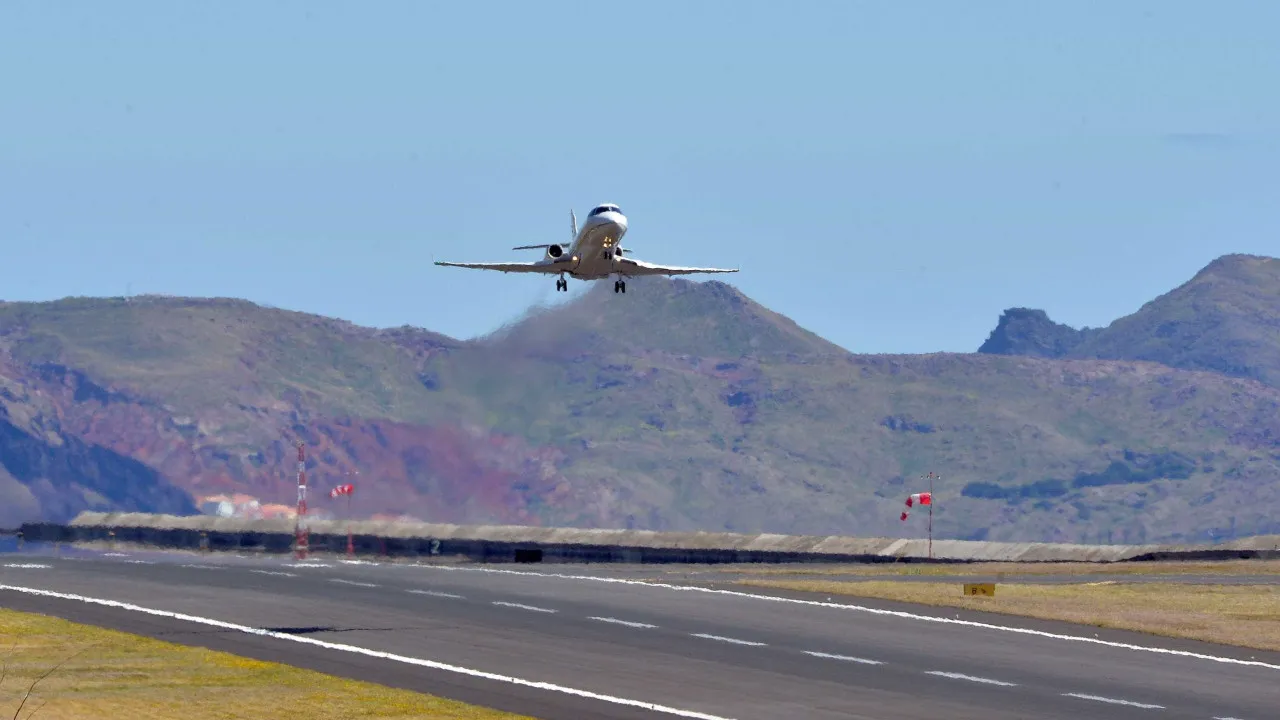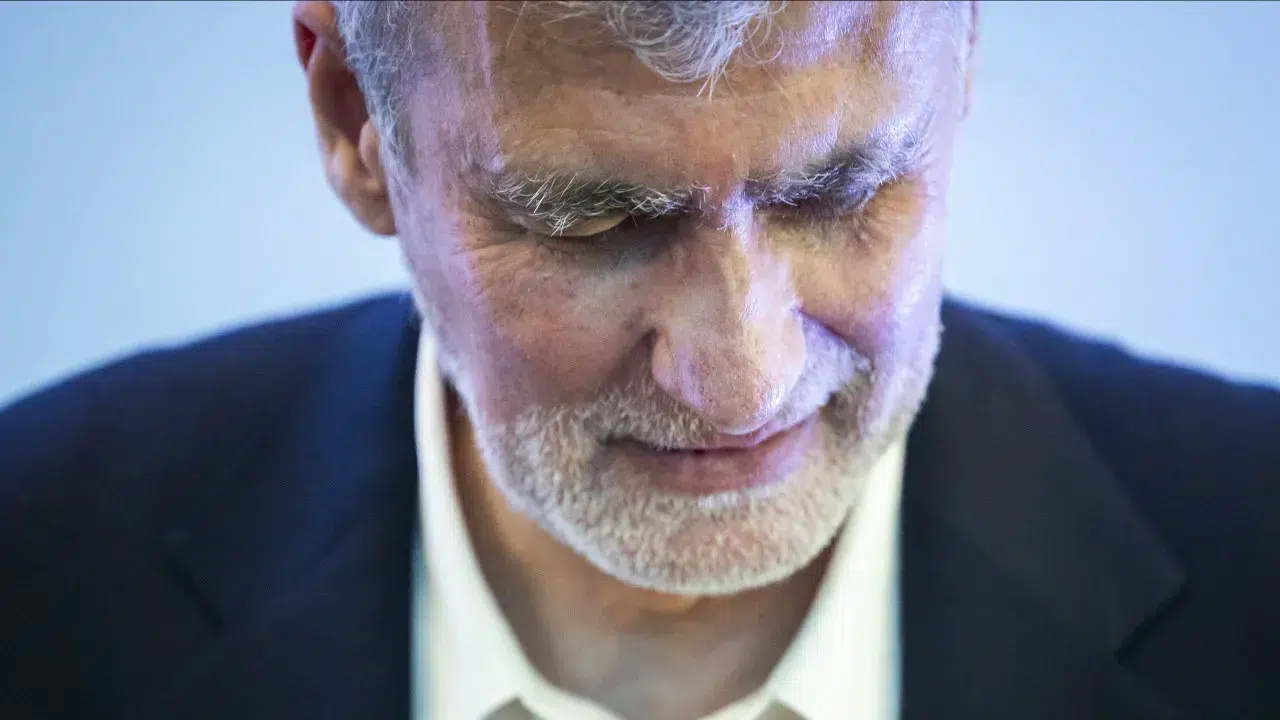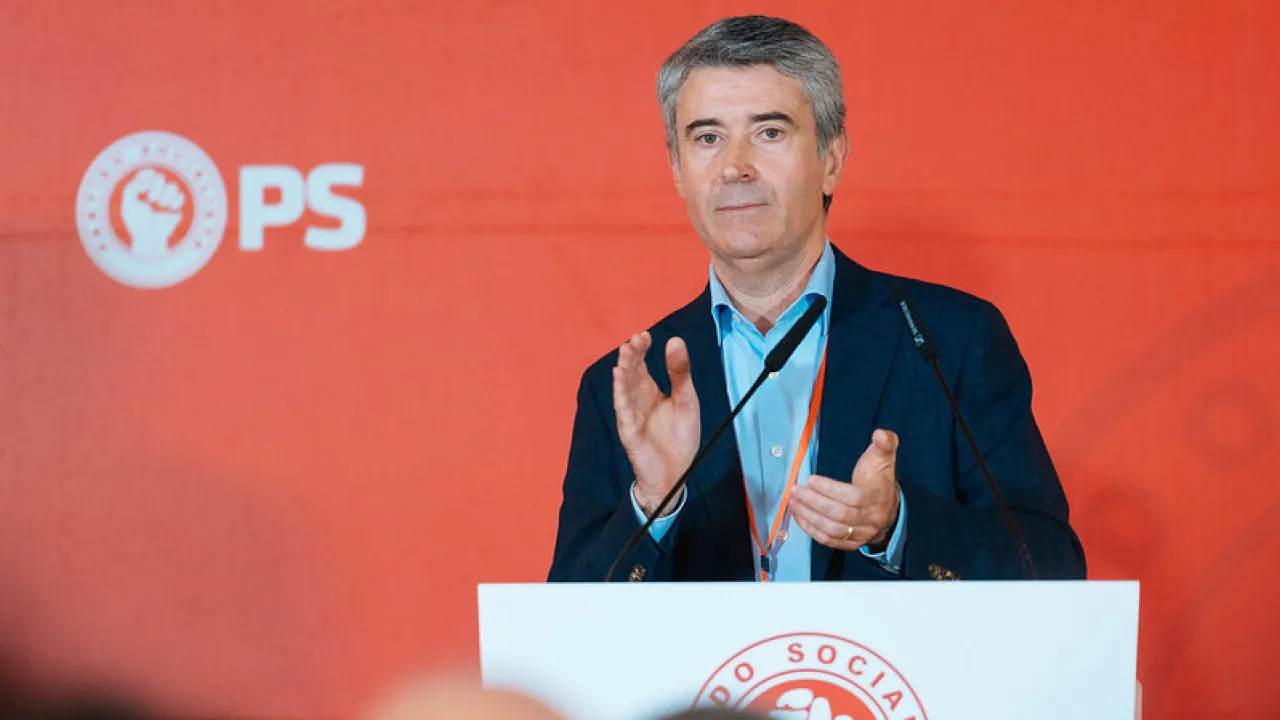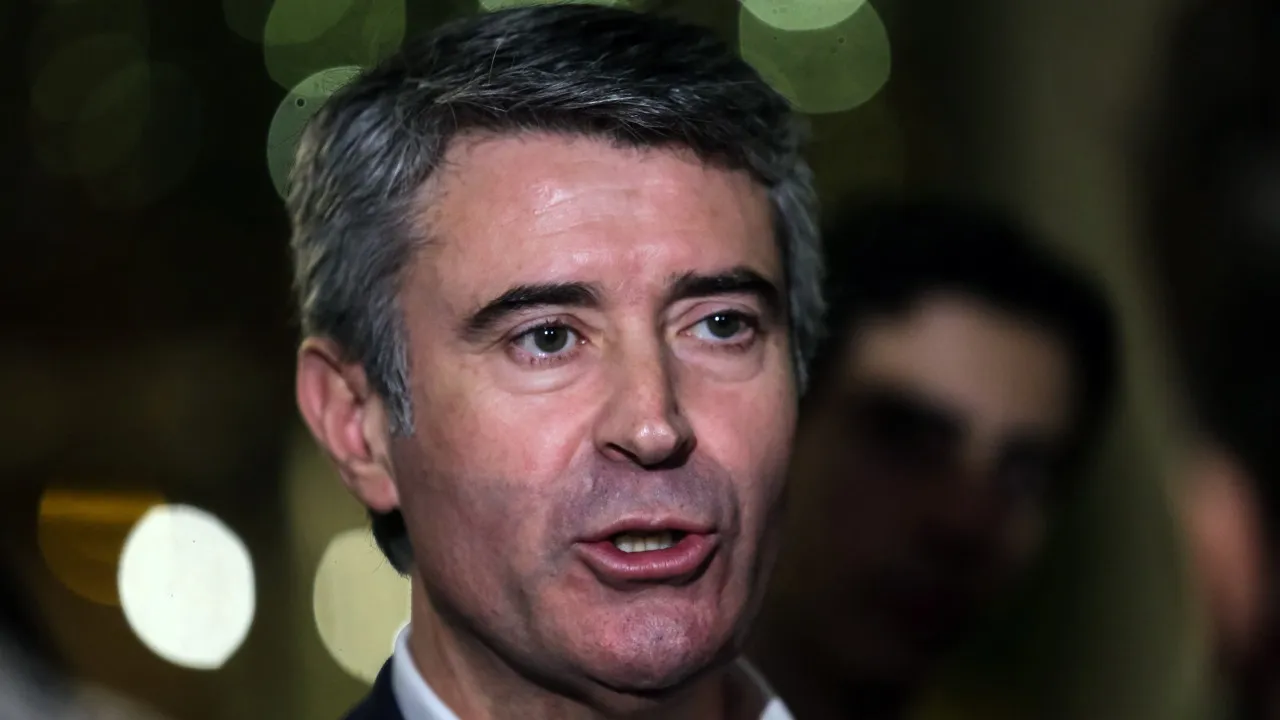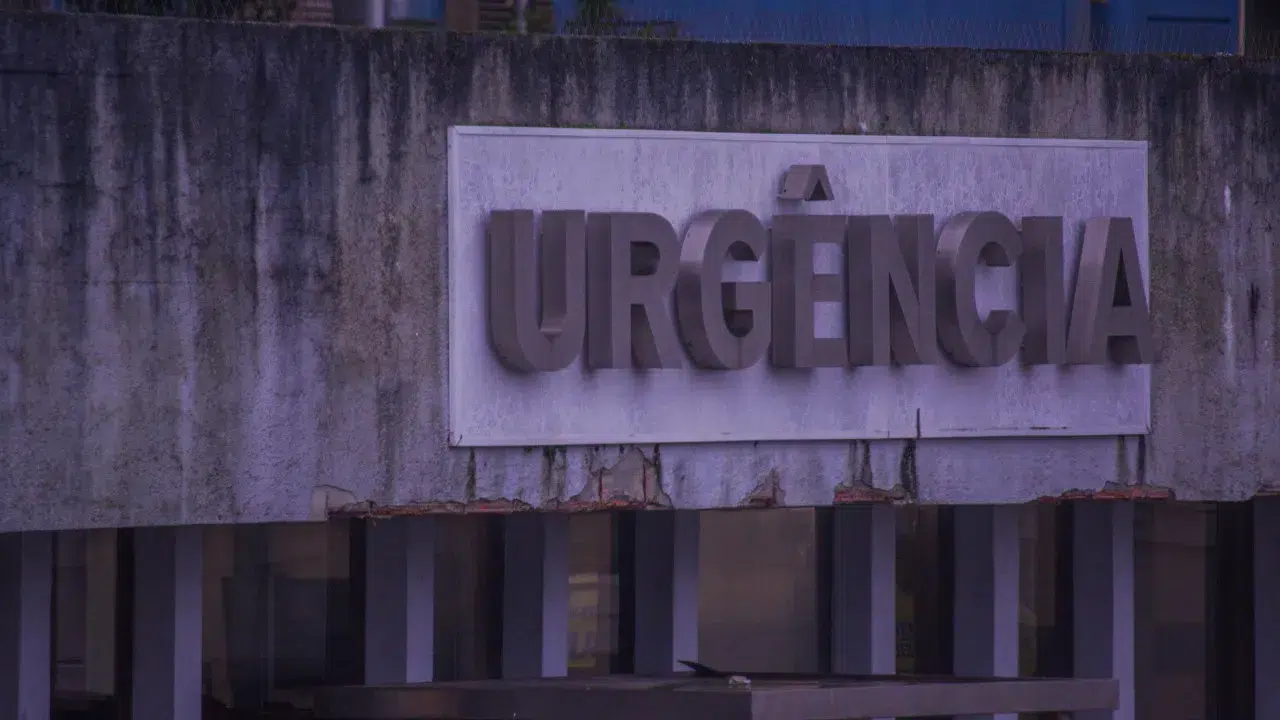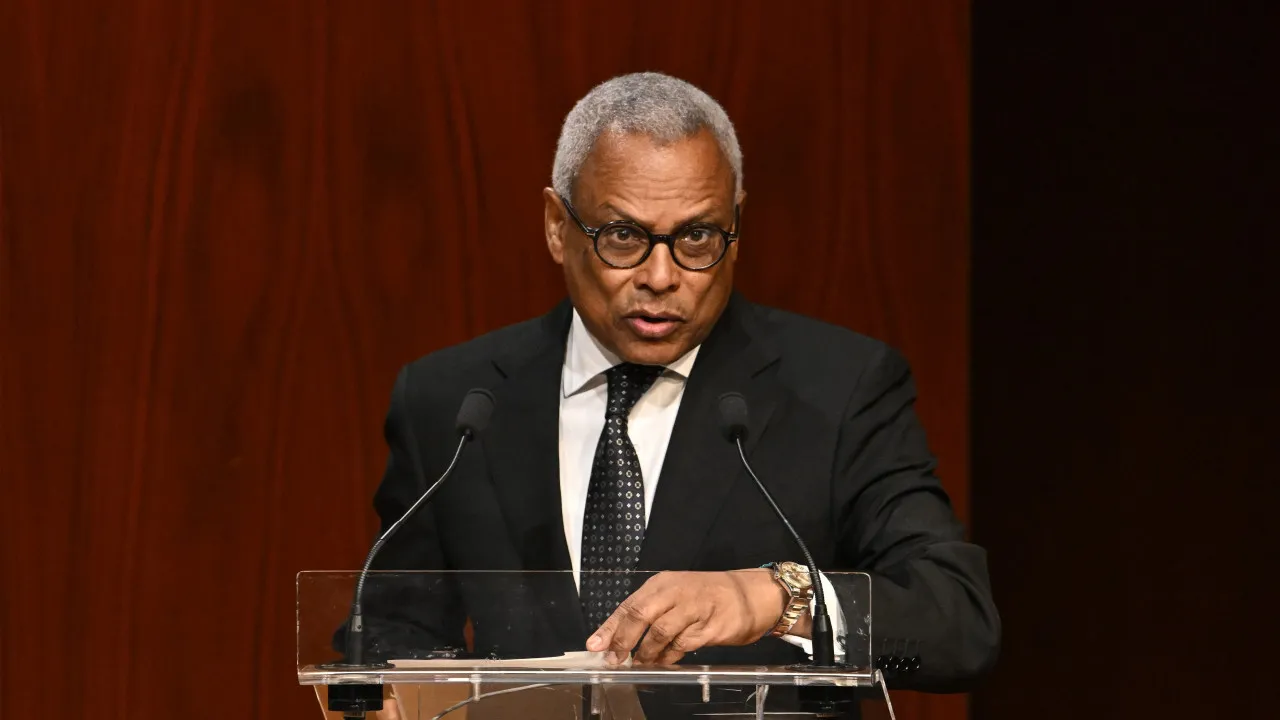Portugal has fallen to ninth place in the Reporters Without Borders (RSF) world press freedom ranking and now leads the group of 44 countries with “a satisfactory situation,” it was announced today.
In 2022, Portugal ranked seventh and in the group of eight countries with a “very good situation” for press freedom.
According to the 21st edition of the world press freedom ‘ranking’ of the NGO Reporters Without Borders (RSF), published today on the occasion of World Press Freedom Day and with 180 countries and territories assessed, this year ahead of Portugal and in the group of eight countries in a very good situation for press freedom were, in descending order, Norway, Ireland, Denmark, Sweden, Finland, the Netherlands, Lithuania and Estonia.
RSF points out that Norway tops the ranking for the seventh year in a row, but – unusually – a non-Nordic country is in second place, namely Ireland (up four places to 2nd), ahead of Denmark (down one place to 3rd).
Another highlight of this year’s ‘ranking’ was that the Netherlands (6th) moved up 22 places and regained the position they held in 2021, before the murder of crime reporter Peter R. de Vries.
At the other end of the table there are also changes, with the last three places occupied exclusively by Asian countries: Vietnam (178th), which has “nearly completed its hunt for independent reporters and commentators,” China (down four to 179th place), “the world’s biggest persecutor of journalists and one of the biggest exporters of propaganda content,” and, to no great surprise, North Korea (180th).
“The World Press Freedom Index reveals an enormous volatility of situations, with large ups and downs and unprecedented shifts, such as Brazil’s 18-place climb and Senegal’s 31-place drop,” says RSF Secretary Christophe Deloire, quoted in the report.
“This instability is the result of more aggressive authorities in many countries and growing animosity against journalists on social media and in the physical world. The volatility is also a consequence of the growth of the fake content industry, which produces and distributes misinformation and provides the tools to manufacture it,” Deloire adds.

